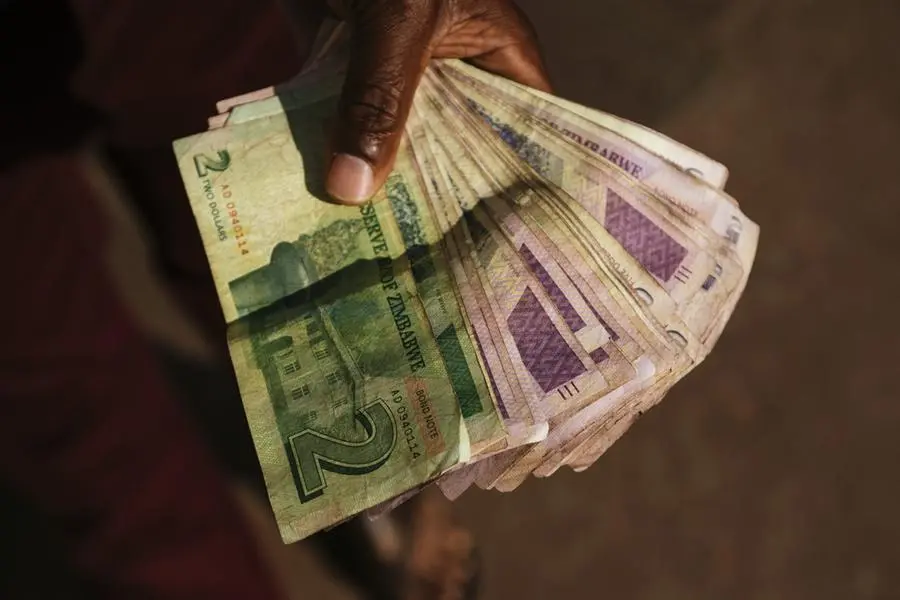PHOTO
The Southern African nation’s debt pile accounts for 81% of gross domestic product, and clearing it will be a tough challenge for a country that has faced numerous financial crises in recent decades, from repeated bouts of hyperinflation to multiple unsuccessful attempts to launch new currency regimes.
President Emmerson Mnangagwa told the conference that Zimbabwe is negotiating a Staff Monitored Program (SMP) with the International Monetary Fund.
Securing an SMP would set the stage for required policy reforms, African Development Bank (AfDB) President Akinwumi Adesina told the conference.
“That is the key,” he said, adding that AfDB stood ready to offer financial support to cushion Zimbabwe’s economy against potential adverse effects of reforms.
Adesina said the AfDB also had money available from a special fund to help settle Zimbabwe’s arrears. He did not provide any figures.
Finance Minister Mthuli Ncube said timelines would become clear by mid-2025, once Zimbabwe secured bridge financing commitments from lenders to help clear the arrears.
Analysts say paying off arrears is essential for an economy that currently cannot even access money from the IMF – the lender of last resort.
That’s after clearance was given by the Sudanese government.
“The issue of arrears is a major albatross around our neck,” said Prosper Chitambara, a Harare-based independent economist.
“Once the arrears are cleared it will be cheaper to borrow and easier to attract investment.”
UNSUSTAINABLE SITUATION
Getting on track with bilateral creditors – and clearing arrears with the AfDB, the World Bank and the European Investment Bank – is necessary to unlock funding for Zimbabwe, once a regional breadbasket that now struggles to feed its own people.
“The IMF is currently precluded from providing financial support to Zimbabwe” due to an unsustainable debt situation and external arrears, an IMF spokesperson said.
The IMF SMP that Zimbabwe is targeting does not include financial assistance or require approval by the Fund’s executive board.
But government officials say it would help Zimbabwe demonstrate a return to sound economic policies. The government already missed its initial goal to have an SMP in place by April, as well as a second deadline last month.
This has limited IMF engagement to technical assistance, such as budget preparation.
DEBT AND DEFAULT
The United Nations estimates 24 out of Africa’s 35 low-income countries are at high risk of debt distress, and since 2020, Zambia and Chad have finalised debt reworks. Ghana is wrapping up its own debt rework and Ethiopia is in the midst of a restructuring.
But Zimbabwe is no ordinary default. While 45% of its burden is outstanding debt, the rest is arrears and penalties, according to a 2023 government presentation.
The Africa Legal Support, an AfDB facility that helps countries deal with debt distress, is paying for two firms – the Global Sovereign Advisory Company and law firm Kepler-Karst – to help advise the government, Ncube said ahead of the conference.
Zimbabwe has only been paying token amounts to debtors, including 16 bilateral creditors, Ncube said, but gave no further details.
© Copyright The Zimbabwean. All rights reserved. Provided by SyndiGate Media Inc. (Syndigate.info).




















